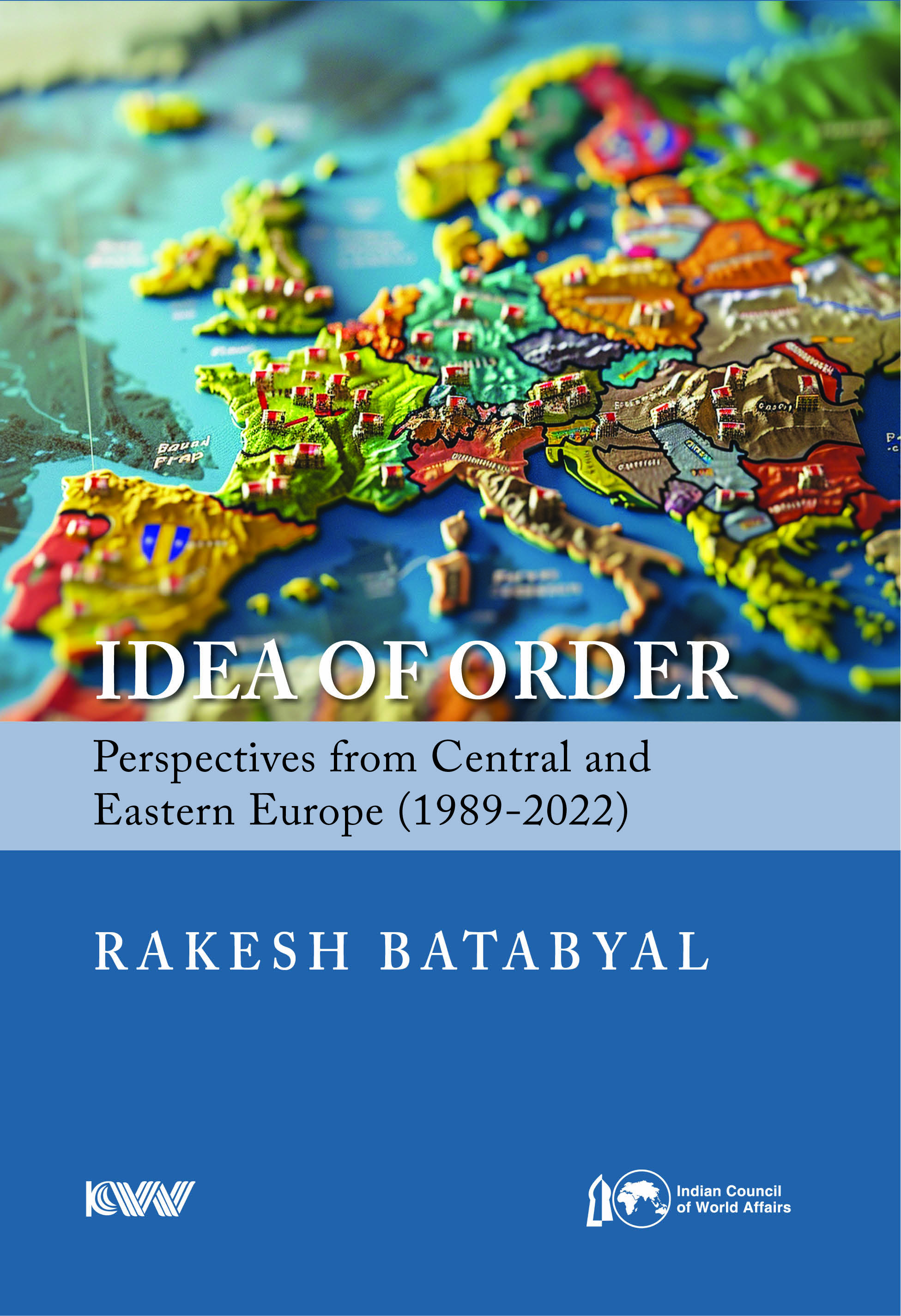Subjects
IDEA OF ORDER: Perspectives from Central and Eastern Europe (1989-2022)
Rakesh Batabyal
In 1989, many countries of Central and Eastern Europe came out of the socialist order and began moving into a new world defined by neoliberal economic and political systems. The experience of rupture from the past and the desire to become part of a new and more secure socio-economic order have excited critical intellectual and political imaginations. The book examines how these imaginations help construct Ideas of Order in these national locations.
The idea of the order has its social location and variables, i.e., political (nation, empire), and cultural (religion) and the book shows how they colour articulation of an order. The Book examines the way a ‘national order’ emerges at a time when global financial and European transnational orders are celebrated. Similarly, despite the rhetoric of Christian Europe, secularization of the continent goes unabated. The importance of Russia’s national assertions also, as the book examines, looms large in the region’s political imagination. Written by a trained historian with insight into the contemporary history of the region and the world, the book, based on intensive fieldwork, presents some of the major frames shaping the Idea of Order influenced as they are by the socio-economic and cultural histories of different intellectual and academic locations in the Centre and Eastern Europe.


 Political Science
Political Science
